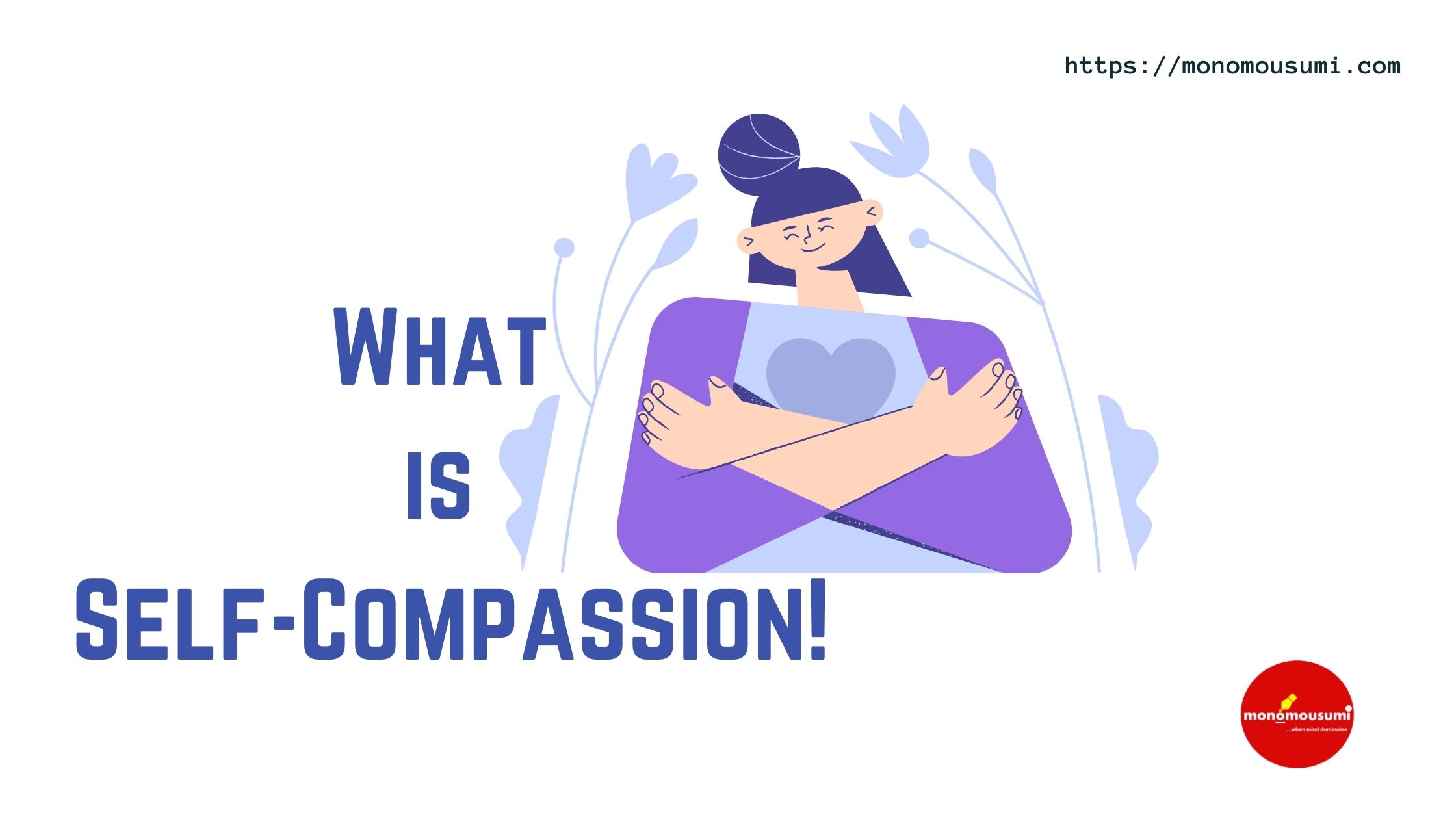
Access to nutrition handbooks, meditation programs, and health and fitness guides are often free on the internet. But why, then, does society see an increase every year in obesity, diabetes, and heart-attack cases? Because people attend to health practices rather than health mindsets. A change in mindset is more potent and permanent: it can motivate people to act on, rather than just read about, good health practices.
One such health mindset is self-compassion. Self-compassion, according to Dr.Kristin Neff, has three components: accepting one’s flaws and embracing feelings of inadequacy, recognizing that suffering is common among humans, and relating one’s suffering to others’ suffering to see the bigger perspective (Neff, n.d.). All these components can be made into habits, and they can propel individuals to be kinder to themselves and others, leading to improved mental and physical wellbeing.
The first step toward self-compassion is observing how you treat yourself. When you make a mistake, observe how you normally respond (Elizabeth, 2019). Is the response self-criticism? Is the response berating and harsh? Such thoughts are self-destructive because you fail to consider that everyone makes mistakes; you fail to learn from failure and instead punish yourself. A similar tendency is comparing yourself to others, a practice that also promotes harmful self-talk (Elizabeth, 2019). Identifying how these tendencies hurt you will compel you to observe your internal processes. When you see yourself getting too harsh, stop that self-talk and forgive yourself. This self-forgiveness, when well-practiced, will give you stability when facing both everyday and uncommon life challenges (Schrader, 2017).
Because of the increased stability, self-compassionate people have better mental health. They experience decreased stress, anxiety, and depression and less often have disorders linked to self-criticism, because self-compassion improves one’s access to the human motivational system of contentment, peacefulness, and wellbeing (Leaviss & Uttley, 2015). And self-compassion is so effective that practitioners today use it as therapy, which includes compassion cultivation and mind training, and compassion-based and loving-kindness meditations (Leaviss & Uttley, 2015). Being self-compassionate can also ease the suffering from a tragic life event. After a natural disaster, for example, self-compassion can alleviate post-traumatic stress, help survivors feel greater solidarity with their community, and improve resilience—one’s adaptability to stressful situations (Lea et al., 2020). So, while impossible for us to control our circumstances, self-compassion enables something equally powerful: controlling how we respond to circumstances.
Since self-compassion is a perception and mindset, which become a way of life, its benefits extend to physical fitness. Self-compassionate individuals tend to eat healthily, exercise often, and sleep well (Phillips & Hine, 2021). Generally, the more self-compassionate a person is, the more they incorporate healthy behaviors into their life (Phillips & Hine, 2021). And once a habit, self-compassion likely lets people use less willpower to do a healthy behavior that would typically be unpleasant for them. So, the mindset can galvanize individuals—who normally tell themselves they are too busy or too tired—to go to the gym or for a run. Self-compassion can be a powerful solution to break unhealthy habits and form healthy ones.
Yet self-compassion not only affects the individual herself but also her relationships. People who lack self-compassion, who habitually self-criticize, also criticize others and yet need others to validate their self-worth (Schrader, 2017). This combination is unhealthy: in the long term, you push away those who try to help you, and you further deprive yourself of the human need for love and belonging (Bose, 2020). Self-compassion is therefore important because it counteracts toxic thought processes that are often projected onto others.
In changing thought processes, self-compassion provides long-term benefits beyond the mental, physical, and social. First, accepting one’s flaws lets you employ a growth mindset in life, where you believe you can improve by knowing that your weaknesses today can be your strengths tomorrow (Bose, 2020). Such a belief lets one become an excellent student of life (Growth Mindset, n.d.). Second, a self-compassionate perception can improve life satisfaction and happiness: it helps foster habits such as expressing gratitude and practicing mindfulness (Bose, 2020). Finally, self-compassion brings greater success in one’s professional and personal life. Cleansing oneself of unhealthy thoughts—which also impact others—makes one more charismatic, which can not only tighten friendship and familial bonds but also lead, move, and inspire colleagues.
Self-compassion, an all-encompassing wellness tool, costs nothing but effort and discipline to develop. It is an inexpensive and accessible solution to health, work, and relationship problems. And the mindset’s effect on individuals and their relationships suggests it can transform society if practiced by more people. Such a collective effort would likely decrease the suffering and negativity in the world and counter humanity’s self-destructiveness. Yet, the power of compassion is its ability to spread. When individuals practice self-compassion, they also practice it for society and humanity.
By Aman Majmudar


